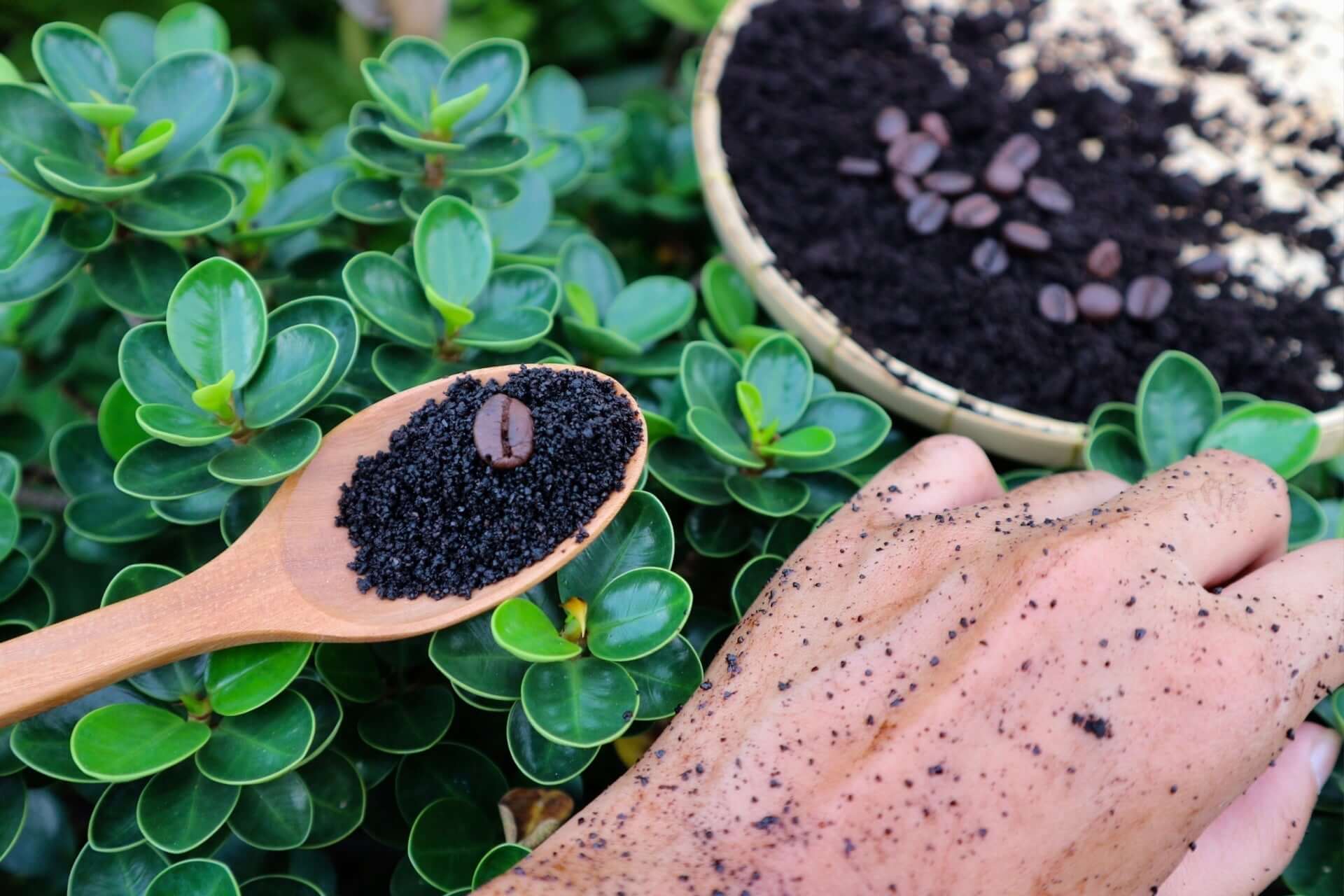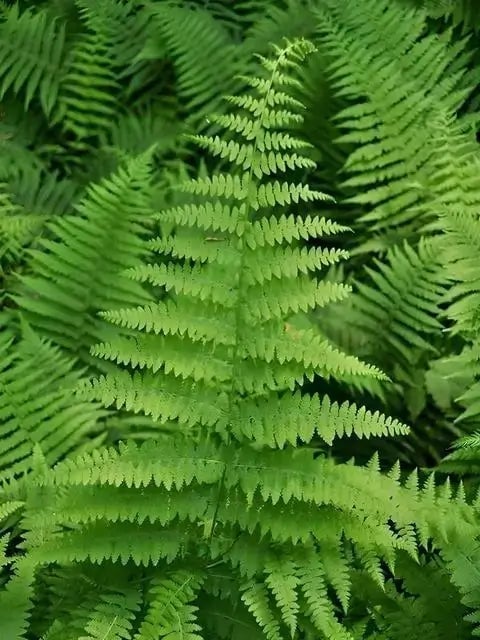While mosquitoes create problems in gardens and outdoor areas, native plants use organic methods to keep them away. Native mosquito-repelling plants are an environmentally sustainable and eco-friendly alternative to chemical repellents that harm the environment. These plants emit natural substances that deter mosquitoes, yet they appeal to beneficial pollinators, including bees and butterflies. Planting native mosquito-repellent species in your garden allows you to develop an attractive green space that thrives visually and controls mosquito populations.
Native plants excel as mosquito repellents because they grow well in their local environment due to their adaptation to native climate and soil conditions. They require less maintenance because they resist diseases well and enhance the ecosystem around them. Choosing native plants helps sustain local ecosystems and creates an outdoor space that feels balanced and harmonious. These plants contain mosquito-repelling properties while also offering medicinal and aromatic benefits, which makes them excellent garden additions.
Native Plants That Repel Mosquitoes
Numerous native plants produce natural oils and smells that mosquitoes find undesirable. Wild bergamot (Monarda fistulosa) is a North American native plant known for its lavender-colored flowers and strong minty scent, which repels mosquitoes. As a natural mosquito repellent, this plant draws hummingbirds and butterflies, which makes it ideal for pollinator gardens. Wild bergamot successfully grows in multiple environments, such as dry prairies and woodland borders, but needs minimal care after establishment.
Mountain mint (Pycnanthemum tenuifolium) and wild ginger represents a potent plant-based solution to repelling mosquitoes. The native perennial plant emits a powerful fragrance from its leaves that drives away mosquitoes. Mountain mint is both a nectar source for native bees and other pollinators and a deer-resistant plant. This plant grows successfully across various soil types allowing gardeners to use it in multiple garden areas.
Swamp milkweed (Asclepias incarnata) serves as an effective natural mosquito repellent. This native milkweed thrives under wet conditions and naturally grows in meadow areas and riverbanks. This plant attracts monarch butterflies primarily through its fragrant pink flowers, but these blooms produce mosquito-deterring compounds. Swamp milkweed performs best in moist conditions, which makes it ideal for planting in rain gardens and low areas where mosquitoes often breed.
Sweet fern (Comptonia peregrina) and hay-scented fern are effective plants for repelling mosquitoes, although they remain relatively obscure. The native shrub produces deeply lobed leaves resembling fern foliage, which emit a sweet resin-based aroma when pressed. Indigenous peoples have traditionally used sweet fern leaves as an insect repellent by burning them to ward off mosquitoes. This plant thrives in sandy soil with proper drainage and handles dry conditions well because of its high drought tolerance.
Creating a Mosquito-Repellent Garden with Native Plants
For best results, plant mosquito-repellent plants in the outdoor areas where you spend most of your time. Planting fragrant vegetation around outdoor areas such as patios and walkways establishes a natural boundary that effectively decreases mosquito presence. Native species that support pollinators enable gardeners to gain the dual advantage of ecological health benefits.
A successful landscaping technique involves stacking plant layers of various heights to create an engaging and attractive garden space. Wild bergamot, a tall plant species, should sit at a garden bed's rear, while the front should be occupied by shorter plants such as mountain mint.
Maintaining your garden correctly is essential for effective mosquito control. Mosquito populations remain controlled through proper drainage and moisture elimination because standing water is their primary breeding habitat. Creating a balanced ecosystem with mosquito-repellent plants and water-loving natives such as swamp milkweed naturally prevents mosquitoes from breeding.
Planting native species that repel mosquitoes offers an eco-friendly strategy to maintain outdoor spaces free from annoying insects. These plants serve as natural mosquito deterrents, enhancing biodiversity and pollinator support and improving landscape aesthetics. Native plant species enable you to build a sustainable garden environment that supports people and wildlife while naturally addressing summer's ongoing mosquito problem.
Read more

Excessive use of coffee grounds may result in soil imbalance while increasing moisture retention and causing plant stress. The thoughtful use of coffee grounds as part of gardening practices benefi...

The most effective indoor grow lights for native plants deliver full-spectrum lighting along with energy-saving features that can adjust to plant-specific requirements. LED grow lights are preferre...





